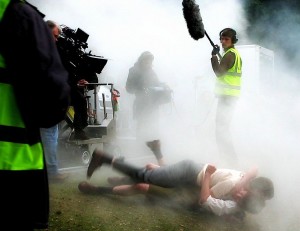
On Fri 15th June the University of Brighton will host an exciting event featuring over 29 talks, workshops, performances, installations and displays focused on arts and research for social change. Sessions will be delivered by over 40 academics, artists and community practitioners from around the world.
The event is open to everyone with an interest in the arts, research and social action, regardless of their experience in the arts or academia. The jam-packed, interactive daytime programme at Falmer Campus will be followed by an evening spoken word and music show at the Latest Music Bar in Manchester Street, featuring performances from Kate Fox, Joelle Taylor, Jacob Sam-La Rose and Quiet Loner.
Tickets are only £35, including lunch, refreshments and all events.
For further information and to register, go to: https://blogs.brighton.ac.uk/carnivalofinvention/ or check out our Facebook page: https://www.facebook.com/collaborative.poetics/
Tickets are only £35, including lunch, refreshments and all events.












 Dr. Ashraf cited on ‘Modest Fashion’ in The Guardian
Dr. Ashraf cited on ‘Modest Fashion’ in The Guardian NIHR-funded research launches website
NIHR-funded research launches website Academics write for newspaper in Nepal
Academics write for newspaper in Nepal New paper published on disability in women & girls
New paper published on disability in women & girls Global Consortium for Public Health Research 2025
Global Consortium for Public Health Research 2025 MSCA Postdoctoral Fellowships 2025 Call
MSCA Postdoctoral Fellowships 2025 Call ERC Advanced Grant 2025 Webinar
ERC Advanced Grant 2025 Webinar Horizon Europe Work Programme 2025 Published
Horizon Europe Work Programme 2025 Published Horizon Europe 2025 Work Programme pre-Published
Horizon Europe 2025 Work Programme pre-Published Update on UKRO services
Update on UKRO services European research project exploring use of ‘virtual twins’ to better manage metabolic associated fatty liver disease
European research project exploring use of ‘virtual twins’ to better manage metabolic associated fatty liver disease